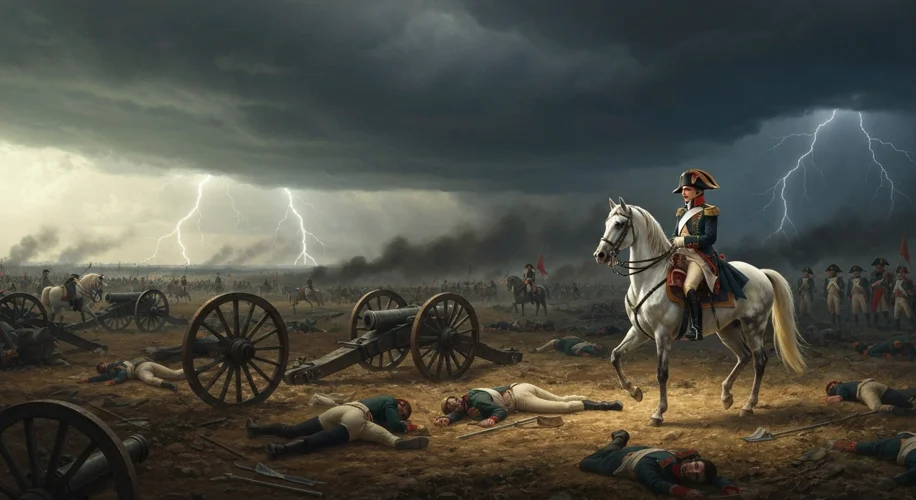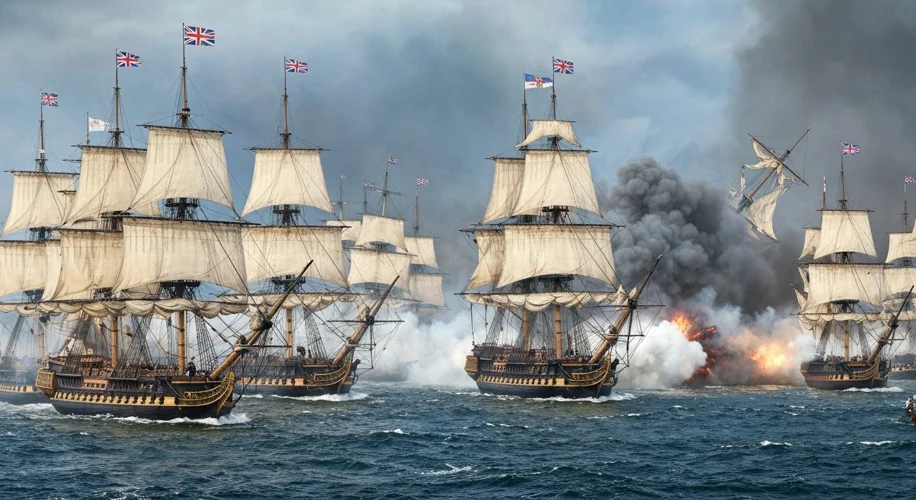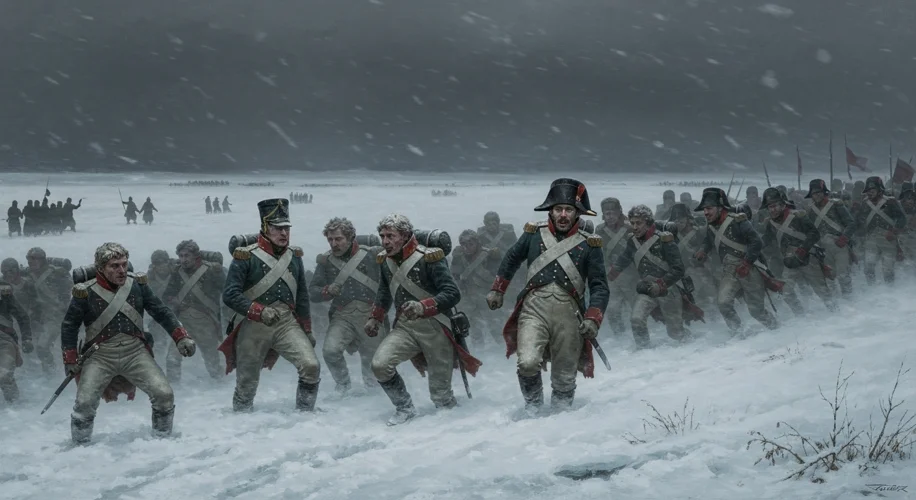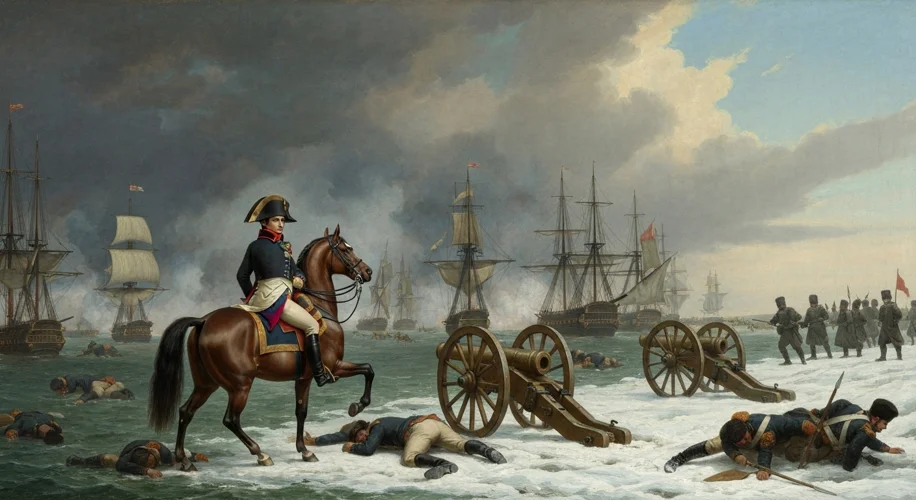Imagine a Europe teetering on the brink. The old order, with its kings and queens, was being swept away by the tidal wave of revolution. From this chaos, a figure of almost mythical proportion emerged: Napoleon Bonaparte. He was a Corsican artillery officer with an insatiable ambition, a mind that could dissect a battlefield like a surgeon, and a charisma that could ignite the hearts of soldiers. His rise was meteoric, his destiny seemingly etched in the stars.
But destiny is rarely a straight line. The French Revolution had unleashed potent ideas of liberty, equality, and fraternity, but also a deep-seated fear in the monarchies of Europe. They saw France, a nation reborn in revolutionary fervor, as a dangerous contagion. This fear, coupled with Napoleon’s own relentless drive for power and expansion, set the stage for a conflict that would engulf the continent for over a decade: the Napoleonic Wars (1803-1815).

From the outset, these were not mere skirmishes. These were grand, continent-spanning campaigns. Napoleon, a master of rapid maneuver and decisive engagement, stunned his enemies. His Grande Armée, a multinational force fueled by French élan, marched across Europe, leaving a trail of victories. Battles like Austerlitz (1805), often called the “Battle of the Three Emperors,” showcased Napoleon’s tactical genius. He lured his enemies into a trap, crushed their armies, and dictated terms, redrawing maps and installing his relatives on thrones across Europe.
The coalitions against France were as fluid as the battlefield. Britain, protected by its formidable navy, remained a constant thorn in Napoleon’s side, bankrolling his enemies and disrupting his trade. Russia, Prussia, Austria – they all joined and broke alliances, sometimes fighting against Napoleon, sometimes with him, often driven by a complex mix of self-preservation and opportunistic ambition.
Consider the perspective of a British sailor blockading French ports, enduring harsh weather and the constant threat of French privateers, all to strangle Napoleon’s economy. Or imagine an Austrian general, having tasted defeat multiple times, trying to rally his demoralized troops for yet another desperate campaign. These were not abstract political maneuvers; they were lives lived on the edge, under the shadow of Napoleon’s seemingly invincible legions.

Napoleon’s brilliance, however, began to falter against the sheer weight of numbers and the growing weariness of Europe. His disastrous invasion of Russia in 1812, a brutal retreat through an unforgiving winter that decimated his Grande Armée, proved to be the turning point. It was a catastrophe of epic proportions, a chilling reminder that even the greatest conqueror could be brought low by the elements and the vastness of his own ambition.

Yet, Napoleon was not one to fade quietly. He raised a new army, but the spirit of his former force was gone. The final act played out at the Battle of Waterloo in 1815. Facing a coalition led by the Duke of Wellington and Gebhard von Blücher, Napoleon’s luck finally ran out. The battle was a brutal, muddy affair, a desperate struggle that saw the end of Napoleon’s reign and, for a time, the restoration of monarchical power in Europe.
The consequences of the Napoleonic Wars were immense. Europe’s political landscape was irrevocably altered. While the old monarchies were restored, the revolutionary ideas Napoleon had both championed and suppressed could not be unwritten. Nationalism, a powerful force unleashed by the French Revolution and Napoleon’s conquests, began to stir across the continent. New military strategies, emphasizing speed, logistics, and mass conscription, became the norm. The wars also ushered in an era of increased state power, as nations mobilized their resources on an unprecedented scale.
The legacy of Napoleon is a complex tapestry. He was a military genius, a lawgiver (his Napoleonic Code still influences legal systems today), and a modernizer. But he was also a dictator whose ambition led to the deaths of millions. The Napoleonic Wars were a crucible, forging a new Europe from the ashes of the old, a testament to the enduring power of ambition, revolution, and the ever-shifting tides of human conflict.

